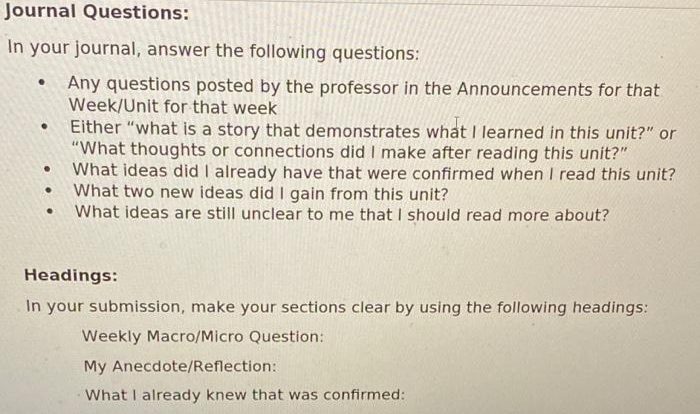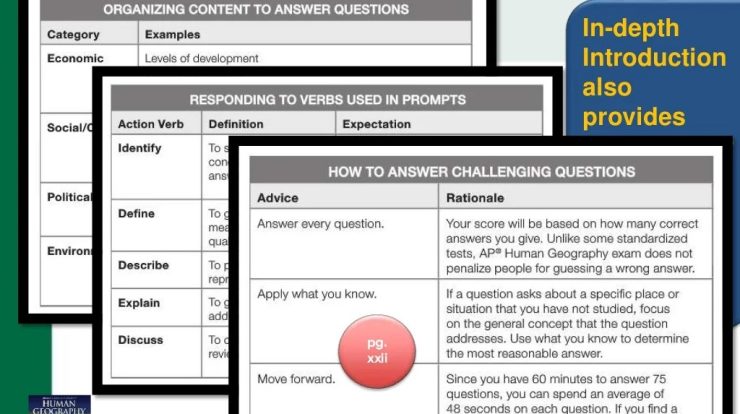Should everyone go to college stephanie owen and isabel sawhill – Should everyone go to college? Stephanie Owen and Isabel Sawhill, experts in education and workforce development, engage in a thought-provoking debate exploring the multifaceted arguments surrounding this question. Their insights shed light on the potential benefits and drawbacks of higher education, emphasizing the significance of individual circumstances and societal implications.
Owen and Sawhill delve into the economic advantages of a college degree, highlighting its role in enhancing earning potential and preparing individuals for the demands of the modern workforce. They also explore the non-economic benefits, such as personal growth, critical thinking skills, and civic engagement.
Introduction

Education is paramount in today’s society, with college playing a pivotal role in preparing individuals for the modern workforce. However, the debate surrounding the necessity of college for everyone continues, with experts offering varying perspectives on its benefits and drawbacks.
Stephanie Owen and Isabel Sawhill, renowned experts in education and workforce development, provide valuable insights into this complex issue.
Arguments for College
Owen and Sawhill emphasize the significant advantages of a college education, particularly in terms of workforce preparation and earning potential. College graduates are equipped with specialized knowledge, critical thinking skills, and problem-solving abilities that are highly sought after by employers.
Moreover, college offers non-economic benefits such as personal growth, intellectual development, and civic engagement. College students are exposed to diverse perspectives, fostering open-mindedness and a deeper understanding of the world around them.
Arguments Against College: Should Everyone Go To College Stephanie Owen And Isabel Sawhill

Owen and Sawhill acknowledge the potential drawbacks of college, including the rising costs and the increasing burden of student debt. They also recognize that college may not be the optimal path for all individuals, as alternative pathways such as vocational training and apprenticeships can provide valuable skills and career opportunities.
Individual Factors

The decision of whether or not to attend college is influenced by various individual factors, including financial background, academic ability, and career aspirations. Owen and Sawhill stress the importance of career counseling and mentorship to guide students towards the most suitable path.
Societal Implications
A less-educated workforce could have significant societal consequences, including reduced economic growth and social mobility. College contributes to social mobility by providing individuals from diverse backgrounds with opportunities to advance their careers and improve their lives.
Owen and Sawhill highlight the role of government and policymakers in ensuring access to affordable and quality higher education for all.
Query Resolution
What are the key arguments in favor of attending college?
According to Owen and Sawhill, college graduates generally earn more over their lifetime, have better job opportunities, and experience greater job satisfaction. College also provides opportunities for personal growth, critical thinking development, and civic engagement.
What are the potential drawbacks of attending college?
Owen and Sawhill acknowledge the rising costs of college and the increasing burden of student debt. They also point out that college may not be the best path for everyone, especially those with specific career goals that can be achieved through alternative pathways, such as vocational training or apprenticeships.
How can individuals make informed decisions about whether or not to attend college?
Owen and Sawhill recommend considering individual factors, such as financial background, academic ability, and career aspirations. They also emphasize the importance of career counseling and mentorship to help students explore their options and make the most suitable choice for their unique circumstances.


